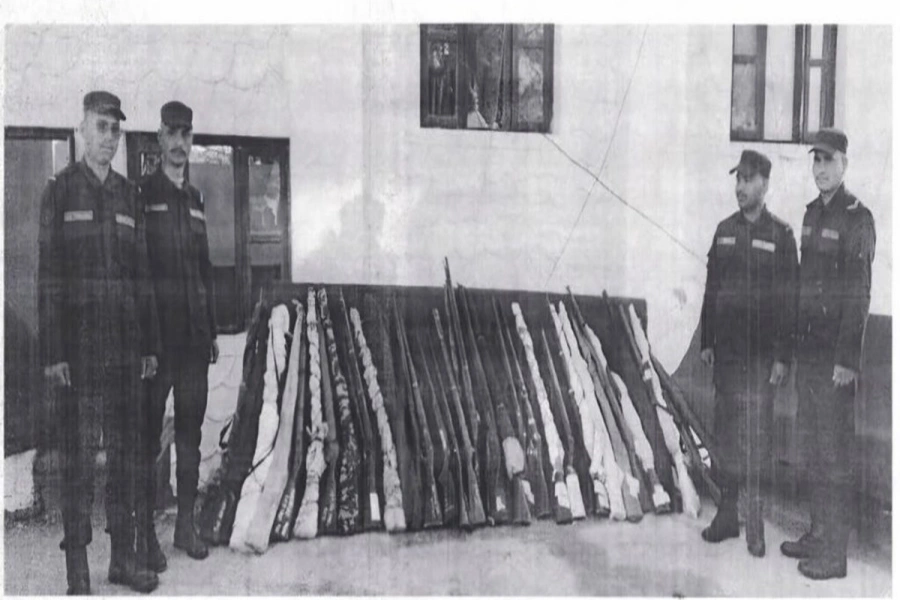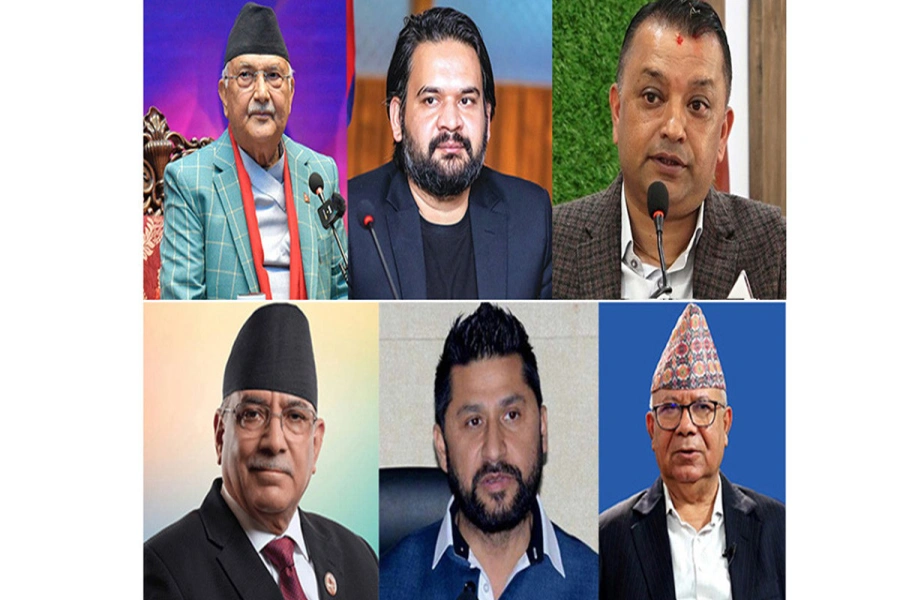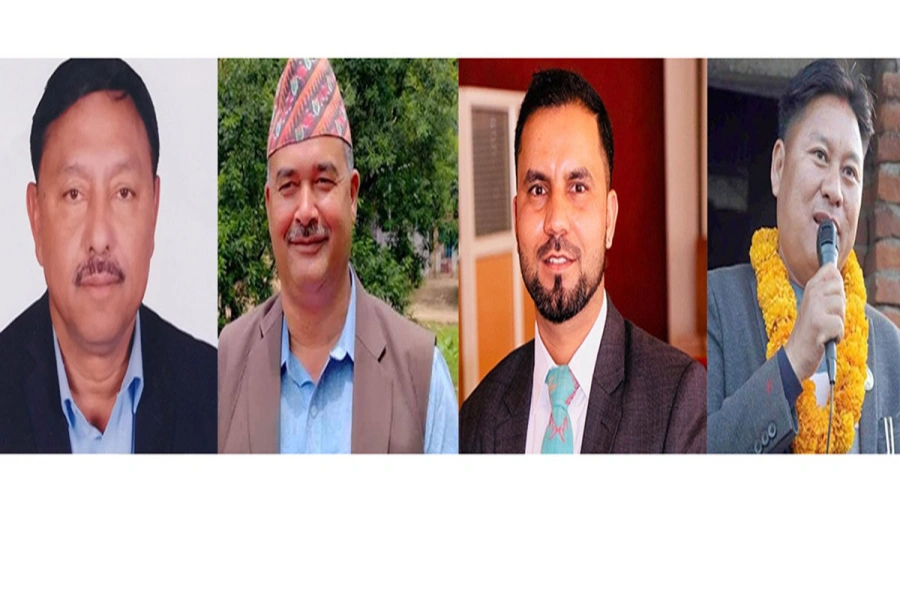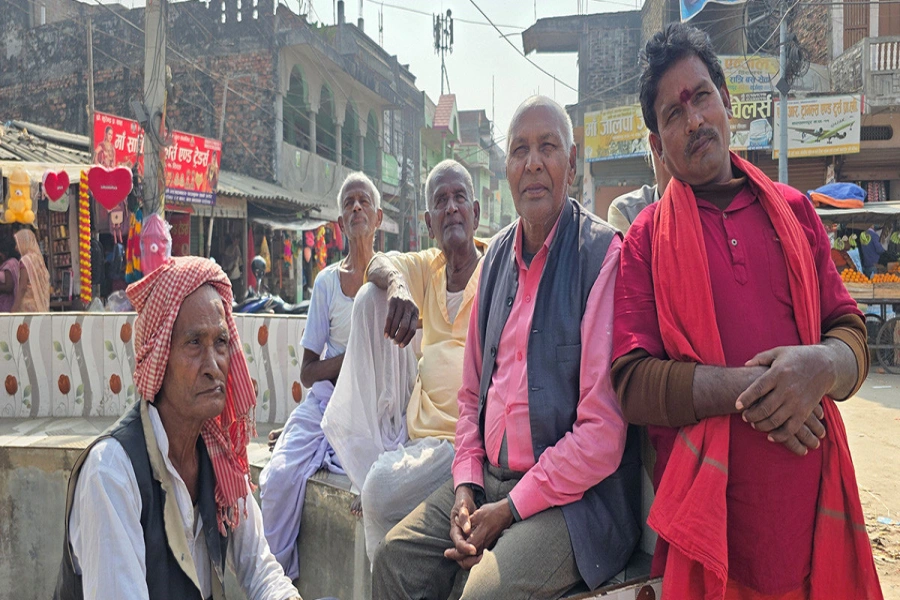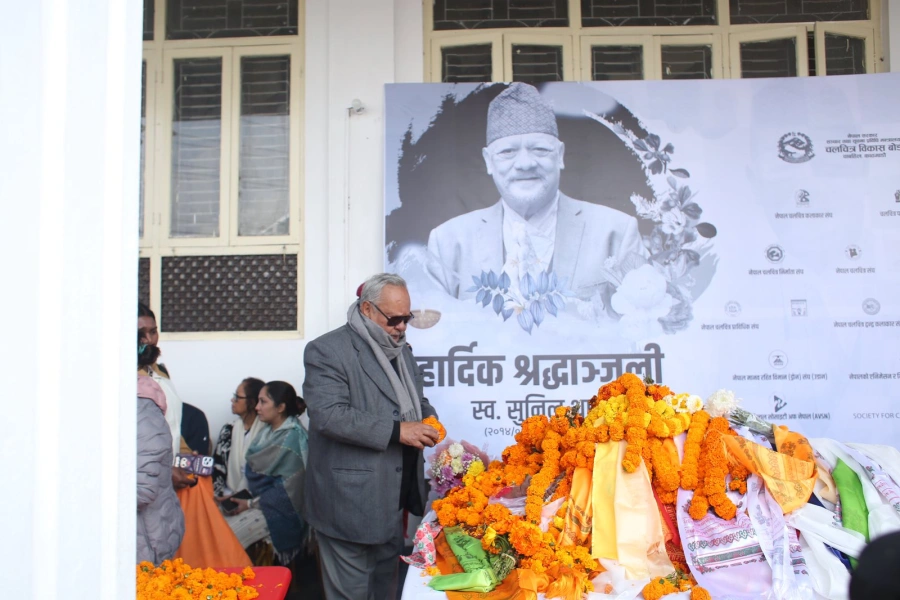The aim of UN Security Council reform should be the overall effectiveness and efficiency of the global body for delivering international peace and security – the very purpose of its formation.
This year's annual gathering of the 76th General Assembly of the United Nations concluded a couple of weeks ago in a hybrid format, with in-person and virtual participation. Apart from the pressing issues such as climate change and COVID-19, the long-standing question of the UN Security Council reform was also an attention-grabbing subject on the list of 176 agenda items. Despite a consensus that the Council has to be made more inclusive and democratic by expanding it to reflect the current reality, there have been differences in the enlargement's modality. As a result, an appropriate change in the 1945 structure could not be made except once when the number of non-permanent members was increased from six to ten in 1965. Since then, there has been a tremendous change in international politics with the emergence of various economic and military powerhouses.
Although the vociferous claimants for permanent membership of the UN Security Council are India, Brazil, Japan, and Germany, known as the G4, Nigeria and South Africa are also on the bandwagon for joining the veto club. However, another group comprising Italy, Egypt, Mexico, and Pakistan, initially nicknamed the Coffee Club, now expanded and reincarnated as Uniting for Consensus (UfC), has initiated a movement in opposition to the possible increment in the number of permanent members in the Council. Instead, the UfC is advocating to increase the number of nonpermanent seats, totaling 25. The third group is the Ezulwini Consensus, the African bloc, arguing for two permanent seats and two additional elected seats for Africa.
In an attempt to find a solution to the existing problem, a sixteen-member high-level panel that the UN Secretary-General had appointed to address "threats, challenges and change" confronting the United Nations in the coming years proposed two models A and B for the Security Council reform in 2004. Although both the models suggested increasing the number of Council members to 24, model A proposed adding six more permanent members, whereas model B suggested keeping the permanent seats as it is. The Model B proposed by the Secretary-General in 2005 advises creating a new category of eight four-year renewable-term seats to distribute equally among the four geographic regions – Africa, Asia-Pacific, Americas, and Europe.
U.S. to push for 'intense' U.N. Security Council talks on Myanm...

As per the UN Charter, the membership of P5 countries is permanent, and the rest of the countries are elected only to nonpermanent seats based on specific criteria. One of the two criteria laid down for selecting nonpermanent members in Article 23(1) is "the contribution of Members of the United Nations to the maintenance of international peace and security." Obviously, the top troop-contributing countries for peacekeeping perfectly fit into this criterion. Because of the number of troops they provide, it is logical their being in the position of decision-making for better delivery of peace and security. In fact, the panel has suggested that "those who contribute most to the Organization financially, militarily and diplomatically should participate more in Council decision-making."
The most prominent argument for adding six more permanent members to the Council is that the current five seats based on post-World War II order are no longer legitimate because of the upgraded power status of G4 countries, and the Council lacks fair representation. But there is no guarantee adding six permanent members would automatically enhance the legitimacy and democracy of the Security Council. Their representational argument is weak as neither they will be elected from nor will they be accountable to the countries of their region or a particular group. One cannot condone that more countries such as Korea, Indonesia, Mexico, and Turkey are emerging as a formidable power within a couple of decades. They invariably demand permanent seats in the Security Council.
The current competition for permanent seats is for power, with little regard to global responsibility. Lacking significant financial and other resource commitment to international peace and security and assurance of producing global public goods, these aspirants would not bring more legitimacy to the table. On the other hand, their inclusion in the Council might emasculate the existing counterbalance force to the P5 and render other developing countries a voiceless 'comity of the nation.'
The argument that adding G4 members will democratize the Security Council is not convincing either. They are undoubtedly correct to claim that the existing system of five countries wielding veto power is undemocratic. But that does not mean adding six more veto-wielding countries to the permanent club makes the Council fully democratic. Instead, removing all veto power would pave the way for the democratization of the Council.
Turkish President Recep Tayyip Erdogan, who has been long known as the advocate of "The World is bigger than five," has recently published a book titled "A Fairer World is Possible: A Model Proposal for United Nations Reform." While Erdogan is urging the international community to look beyond the P5 members, he thinks that the current structure of the Security Council is one of the main reasons for the existing injustices around the world. He writes, "We want the Security Council to be restructured in a fair way, which could represent different continents, faiths, ethnic groups and cultures as much as possible. If it happened, that would be a revolutionary step to solve international issues and reconstitute global peace."
As per the current provision in the UN Charter, even the General Assembly of 193 member states cannot judge the decisions made by the five permanent members of the Security Council. In Erdogan's democratic proposal, the General Assembly would play the role of global parliament to elect members of the Security Council. In his model, the General Assembly acts as the legislative branch and the Security Council as the executive branch of the supra-national system that ensures a check-and-balance mechanism.
Erdogan proposes a 20-member Security Council, which will be elected by the General Assembly for definite periods but without veto power. He wants to abolish permanent membership altogether, which has been anti-democratic and an obstacle to passing critical UN resolutions. So far, the Security Council has vetoed 249 out of 2446 resolutions. Russia and the US are the top two countries that exercised veto the most.
Erdogan's proposal is revolutionary in which he argued, "A privileged system, which has imposed the five permanent members' national interests [over the rest of the countries] without having any accountability and keeping any responsibility for decades, cannot be sustained anymore,"
We should remember that the first criterion enshrined in the UN Charter to get a seat in the Council is the contribution to peace and security, not the size of territory, economy, or military of a state. There are states of bigger sizes but with lesser contributions to international peace and security. Small countries like Nepal consistently contribute to international peace and security, providing many peacekeepers throughout the world without any hesitation and pre-conditions. The demand for seats based on the size of population, territory, and military capacity defeats the entire essence of the founding of the United Nations that guarantees"the sovereign equality of all its members" by Article 2(1) of the UN Charter.
The aim of UN Security Council reform should be the overall effectiveness and efficiency of the global body for delivering international peace and security – the very purpose of its formation. But, the ongoing competition among member states to gain seats in the Council seems to be focused on power and prestige rather than delivering the much-needed global public goods. In a nutshell, the UN Security Council reform should make it more inclusive, democratic, and pragmatic that embraces current geopolitical and regional realities and factors in the objective role played by troops contributing countries to international peace and security.


_20211020183726.jpg)


